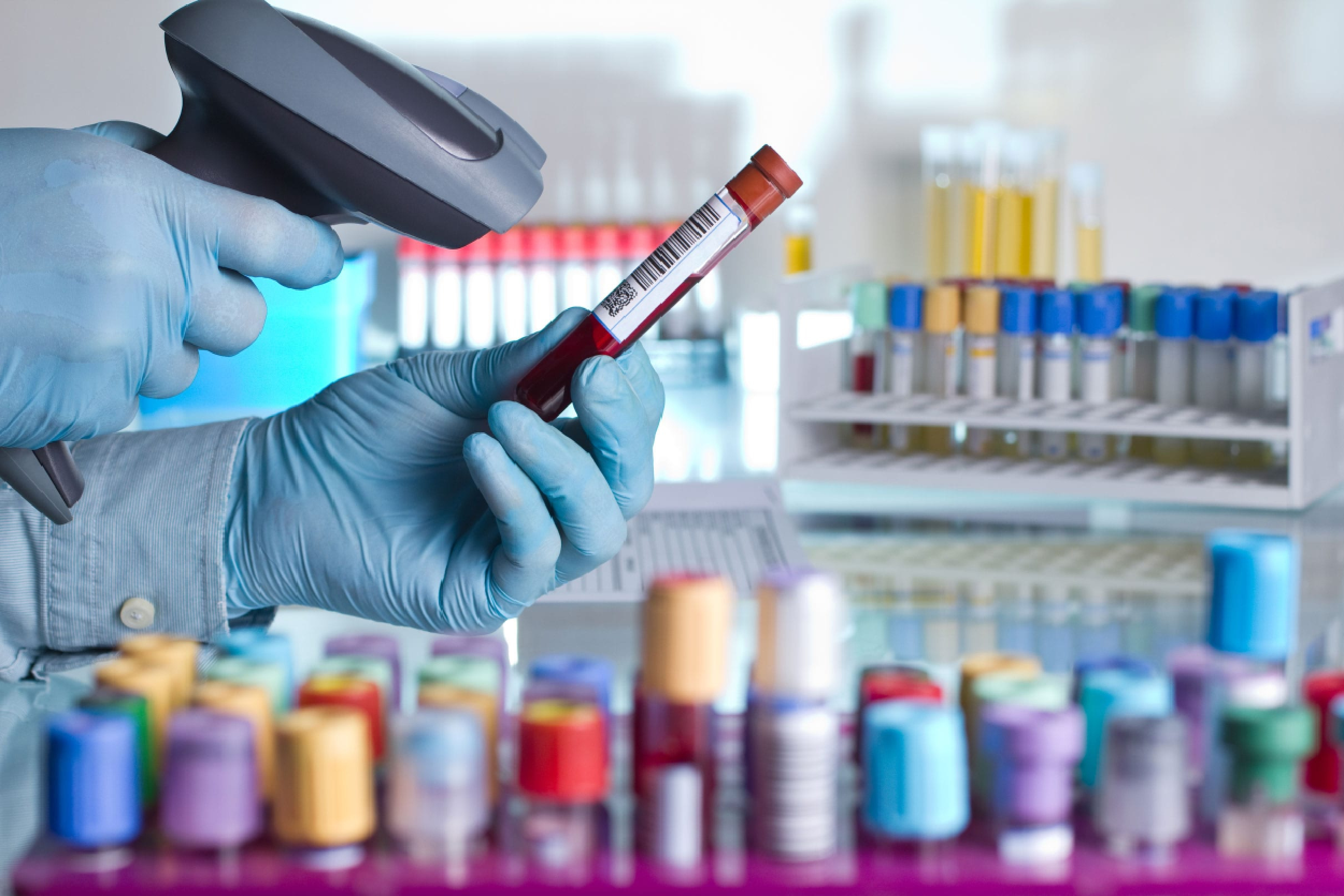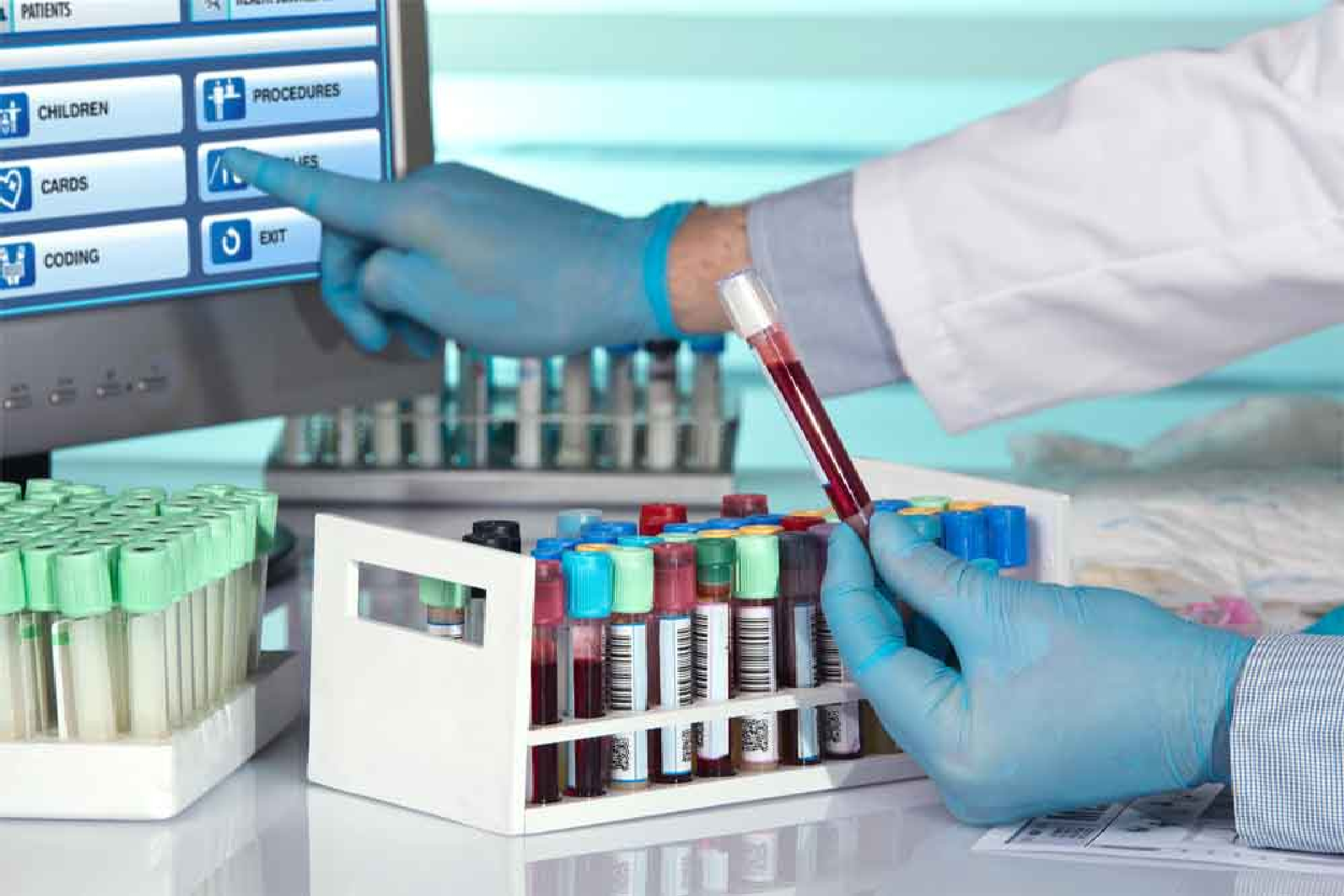Immunohematology and Transfusion Medicine is a medical post graduate specialty in many countries. The specialist Immunohematology and Transfusion Physician provides expert opinion for difficult transfusions, massive transfusions, incompatibility work up, therapeutic plasmapheresis, cellular therapy, irradiated blood therapy, leukoreduced and washed blood products, stem cell procedures, platelet rich plasma therapies, HLA and cord blood banking. Other research avenues are in the field of stem cell researches, regenerative medicine and cellular therapy
- Transfusion of ABO-compatible blood is required at all times because the ABO blood group system has preformed antibodies capable of causing hemolysis
- Immunohematology and Transfusion Physician provides expert opinion for difficult transfusions, massive transfusions, incompatibility
- They examine the tissue carefully under a microscope, looking for changes in cells that might explain what is causing a patient’s illness.
Immunohaematology studies the reactions that take place between antigens present on blood cells and antibodies present in plasma. Patients undergoing transfusion therapy are tested for their ABO and RhD blood groups and the presence of any antibodies that may cause a reaction between their plasma and donor red cells.
Immunohematological testing is critically important in providing appropriate blood and blood components for children. The decision to transfuse should involve careful consideration of the risks versus benefits.
Immunohematology encompasses a broad array of clinical disorders in which immune reactions are involved in the pathogenesis of hematologic diseases. Immune reactions can involve the formed elements of the blood, producing hemolytic anemia, thrombocytopenia, or neutropenia.

